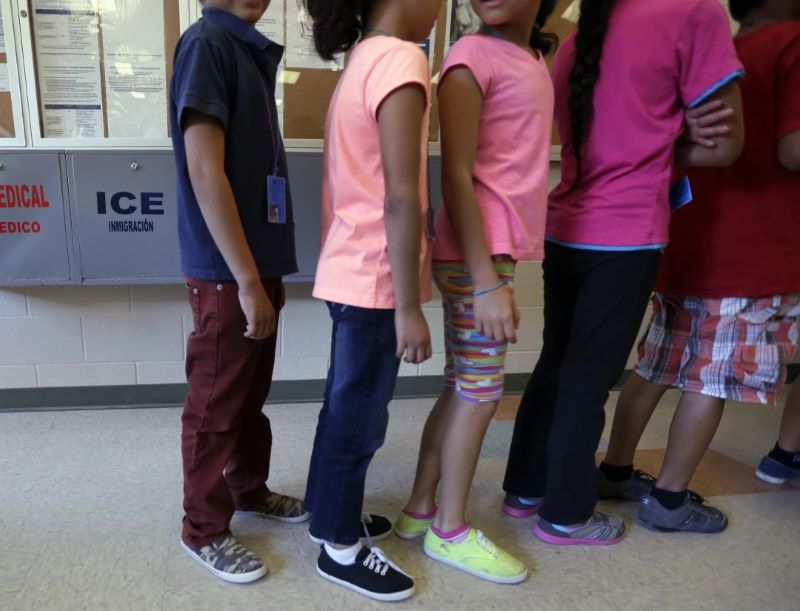Home / Immigrant Rights Clinic report finds thousands of immigrant youths in legal limbo
Immigrant Rights Clinic report finds thousands of immigrant youths in legal limbo
December 05, 2023 3:00 PM
|

A new report co-authored by Tulane Law’s Immigrant Rights Clinic shows that more than 100,000 abused or abandoned immigrant youths are in limbo as a backlog in cases for youth hoping to apply for green cards has more than doubled in the last two years.
End the Special Immigrant Juvenile Status (SIJS) Backlog Coalition (a project of the National Immigration Project) and Tulane Law School’s Immigrant Rights Clinic partnered in researching and writing the report, False Hopes: Over 100,000 Immigrant Youth Trapped in the SIJS Backlog. It is based on information obtained through Freedom of Information litigation and details how the SIJS backlog has drastically increased over the past two years and highlights the first-hand stories of SIJS youth.
The report, co-authored by Tulane Law Professor Laila Hlass, Immigrant Justice Corps Fellow Gabriela Cruz (L’21) and current law student Katia Leiva (L’24) and Rachel Davidson, Director of the End SIJS Backlog Coalition, shows that youths who fall under a special category called “special immigrant juvenile” status, which is an expedited way to achieve residency in the U.S., can’t get green cards for upwards of 5 years.
The report’s authors found that the number of youths in legal limbo doubled in two years, up to more than 100,000 from 45,000 in 2021. By law, immigrants under age 21 who have been “abused, abandoned or neglected by a parent” may be eligible for special immigrant juvenile status. Those who receive the designation are automatically eligible to apply for a green card, or lawful permanent residency.
“For the past three years, we have been working with the National Immigration Project’s End SIJS Backlog Coalition, a group of impacted youth and advocates, to push Congress to fix the backlog,” wrote Tulane Law’s Hlass in an op-ed published by Slate. “When we first met with members of Congress, they wanted to know how many young people were affected and where they lived. We made a public records request and had to sue the immigration agency for them. We obtained more than 200,000 SIJS-related records.”
The data reveals a variety of problems with how the SIJS law has been implemented. Rachel Davidson, co-author of the report, states “[f]or more than seven years, the SIJS backlog has been creating dangerous delays and life-threatening challenges for young people, completely defeating the law’s intended purpose."
In addition to never before seen data, the report shares testimonials of young people impacted by the backlog describing harms they have experienced. As one backlog impacted youth shared the harms of being in limbo: “We’ve already been abused in many ways, we’ve never had stabilities throughout our lives. It’s just a matter of time and this question that’s haunting you, when is it going to stop?”
The report is available here.
More coverage of the report can be found here.